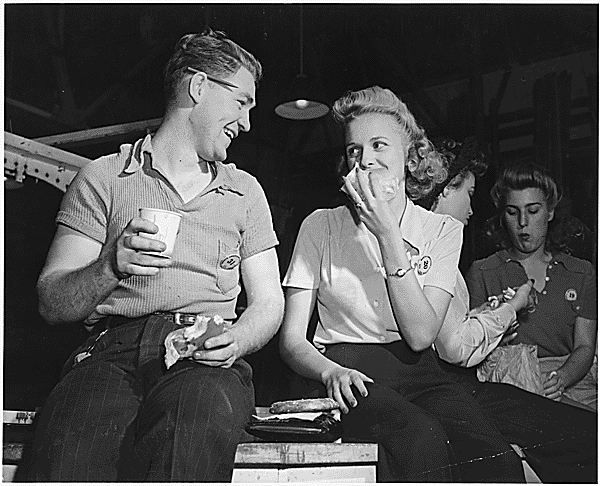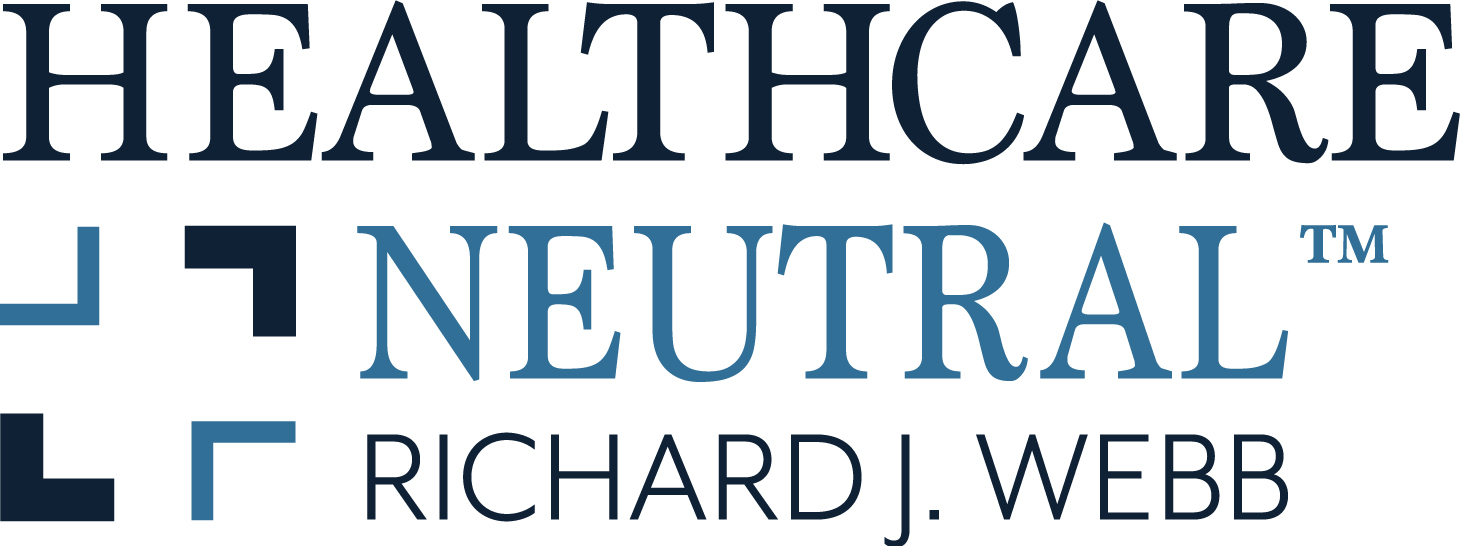
ERISA Health Plans Continue To Prove There Is No Free Lunch For Malpractice Plaintiffs
March 13, 2008
[Image: “Men and women employees on the \’swing shift\’ of North American\’s Inglewood, Calif., aircraft plant enjoy their lunch periods,” October, 1942, from the Franklin D. Roosevelt Library & Museum.]
I previously wrote here about the growing trend for healthcare payers to pursue claims against their beneficiaries for the proceeds of malpractice settlements, relying upon subrogation provisions in their health plan documents. Medicare has begun to adopt this approach as well, as reported here. These cases highlight the importance of accounting for potential subrogation claims when negotiating the settlement of these disputes, and bringing all of the potential claimants to the bargaining table.
Last week I read in Health Plan Law, a blog on ERISA group health plan law and administration, that ERISA heath plans are riding a wave of successful court decisions making it clear that these subrogation claims are here to stay. In his ERISA Group Health Plan Subrogation Update, Roy F. Harmon, III, digests several cases already decided in 2008 that build upon the foundation laid in the U.S. Supreme Court\’s decision in Sereboff v. Mid Atlantic Med. Serv., Inc., 126 S. Ct. 1869 (2006). Although he notes that plans have encountered some problems “involving decedents and their estates, and in the perennial disputes over the adequacy of plan language,” in the 2008 cases he reviews, “the health plans have by and large prevailed.” But contrast the outcome in Benefit Recovery, Inc. v. Donelon, a Fifth Circuit case involving state insurance regulation of subrogation rights of an insured plan, as discussed by the same author just yesterday.
